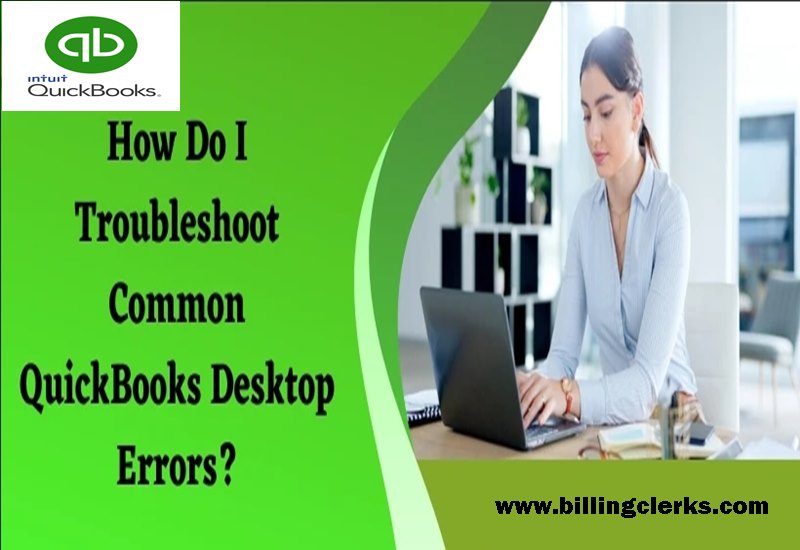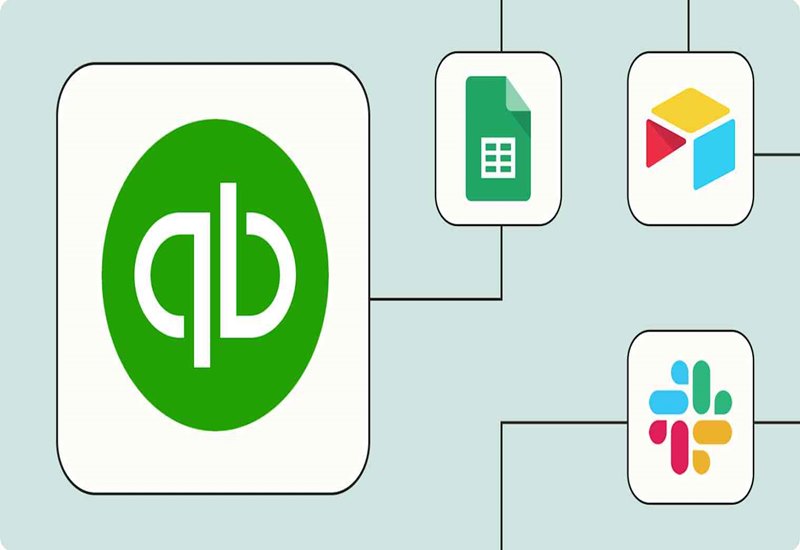Here’s an overview of some of the top billing software options available for small businesses:
- QuickBooks Online
- Features:
- Automatic invoice generation and recurring billing
- Expense tracking and financial reporting
- Integration with bank accounts and third-party apps
- Pricing: Starts at $25/month for basic plans.
- Use Case: Ideal for small businesses needing comprehensive accounting features in addition to billing.
- Features:
- FreshBooks
- Features:
- Easy-to-use invoice customization
- Time tracking for service-based businesses
- Client portal for invoice review and payment
- Pricing: Starts at $17/month for basic plans.
- Use Case: Best for freelancers and small service providers.
- Features:
- Zoho Invoice
- Features:
- Multilingual and multi-currency support
- Integration with the Zoho ecosystem
- Client reminders and payment gateways
- Pricing: Free for up to 1,000 invoices per year.
- Use Case: Suitable for businesses seeking a cost-effective solution with scalability.
- Features:
- Wave
- Features:
- Free invoicing and receipt scanning
- Seamless integration with payment processors
- Simple dashboard for tracking income and expenses
- Pricing: Free; payment processing fees apply.
- Use Case: Perfect for startups and solopreneurs looking for budget-friendly software.
- Features:
- Xero
- Features:
- Automatic bank reconciliation
- Inventory management
- Robust reporting tools
- Pricing: Starts at $13/month.
- Use Case: Best for small businesses with inventory tracking needs.
- Features:
Features, Pricing, and Use Cases
The ideal billing software for your business depends on your specific needs. Below are some considerations:
- Automation and Customization:
Look for software that automates repetitive tasks such as recurring invoices and offers customizable templates to reflect your brand. - Integration Capabilities:
Integration with accounting software, CRMs, and payment gateways can save time and reduce errors. - User-Friendly Interface:
Choose a tool that is intuitive and easy to navigate, especially if your team has minimal technical expertise. - Scalability:
Ensure the software can grow with your business by offering features that accommodate increased clients, invoices, or users. - Pricing Models:
Most billing software offers tiered pricing, allowing you to choose a plan based on your budget and feature requirements. Free options like Wave or affordable plans like Zoho Invoice can be great for small businesses.
How to Select the Right Software
Choosing the right billing software involves evaluating your business’s specific needs and goals. Here are some steps to guide you:
- Assess Your Requirements:
Identify what you need from the software. For example, do you need time tracking for hourly billing? Or support for multiple currencies for international clients? - Compare Features:
Use the comparison above to determine which software aligns best with your operations. - Test with Free Trials:
Many tools offer free trials. Use this period to test the software’s functionality, user experience, and customer support. - Consider Your Budget:
Choose a tool that fits your budget without compromising essential features. Free options like Wave or affordable alternatives like Zoho Invoice can be great starting points. - Read Reviews and Recommendations:
Look at customer feedback and case studies to learn about real-world experiences with the software.
Conclusion
Selecting the right billing software can save time, reduce errors, and enhance cash flow for your small business. From comprehensive solutions like QuickBooks and FreshBooks to budget-friendly options like Wave and Zoho Invoice, there is a tool for every need and budget. Evaluate your requirements, test options, and invest in a solution that aligns with your business goals. With the right software, you can focus less on administration and more on growing your business.




